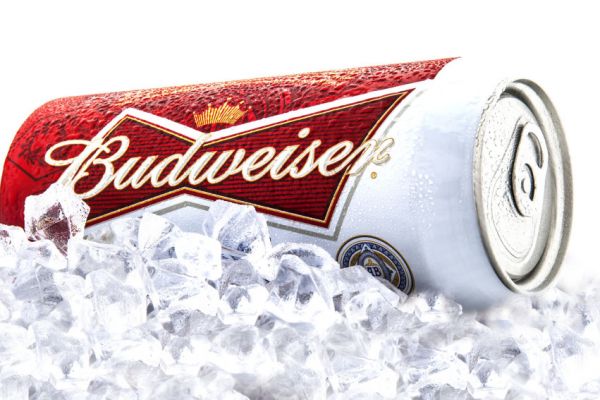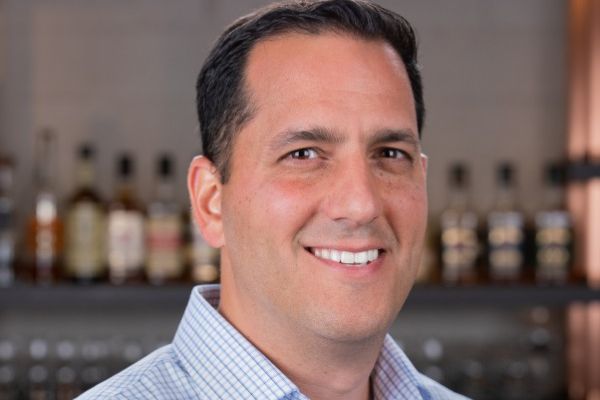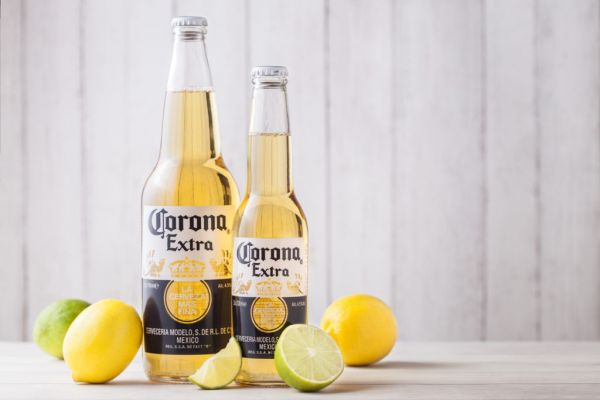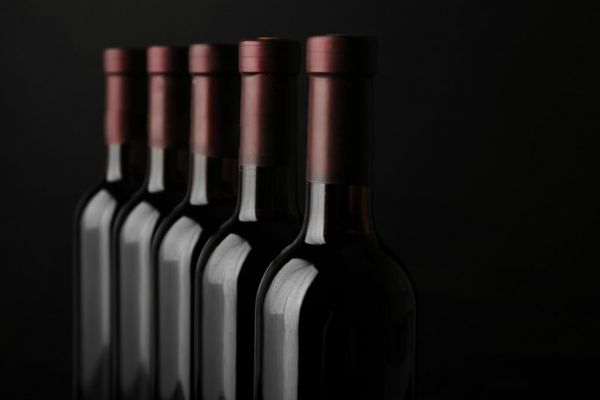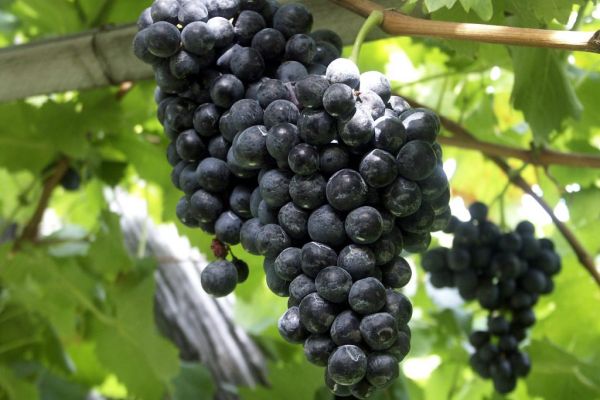Anheuser-Busch InBev NV won U.S. antitrust approval for its takeover of SABMiller Plc, after the maker of Budweiser agreed to give up ownership of the Miller brand and open the door to greater competition from craft beers.
AB InBev will sell SABMiller’s stake in MillerCoors LLC, separating the two brands, and refrain from practices that restrict distribution of smaller rival brews, thus protecting the ability of craft and import beers to compete, the Justice Department said in a statement Wednesday. The settlement will prevent any increase in concentration in the U.S. beer industry, according to the statement.
“The two largest U.S. brewers -- ABI and MillerCoors -- will now remain independent competitors after the deal,” Sonia Pfaffenroth, a deputy assistant attorney general at the antitrust division, said in the statement. Distributors that sell AB InBev beer “will have the freedom to sell and promote the variety of beers that many Americans drink.”
The agreement to allow the brewing juggernauts combine runs counter to the government’s recent moves against other big deals -- the Justice Department and the Federal Trade Commission have killed proposed tie-ups in the cable, office supplies and oil drilling industries, among others. In this case, the companies proposed asset sales from the start that helped resolve antitrust officials’ concerns.
Shares of Molson Coors Brewing Co., which will buy SABMiller’s stake in their joint venture, climbed 2.8 percent in New York to close at $100.80. AB InBev closed down less than 1 percent at 112.95 euros in Brussels. SABMIller was little-changed at 44.25 pounds in London.
Largest Brewer
AB InBev, already the world’s largest brewer, struck the 77-billion-pound ($101 billion) deal because it wanted to gain SABMiller’s access to emerging markets in Latin America and Africa. Following divestitures, the deal will keep Budweiser, Beck’s and Stella Artois under AB InBev’s roof, while ceding control of brands such as Miller in the U.S. and Peroni and Pilsner Urquell in Europe.
“With today’s agreement, we have taken a significant step forward on the transaction, which will create the world’s first truly global brewer,” AB InBev Chief Executive Officer Carlos Brito said in a statement. “Our combination with SABMiller will bring more choice to more beer drinkers -- and extend the global reach of our iconic American brands, such as Budweiser -- in markets outside of the U.S.”
China Clearance
The brewers still need clearance from China before they can close the transaction. Last month, people familiar with the matter told Bloomberg News that Chinese officials were close to blessing the tie-up after the companies agreed to divest the maker of Snow beer, the world’s top-selling brand. AB InBev expects to close in the second half of the year.
There was pressure from some SABMiller shareholders to change the structure of the deal. Some fund managers wanted SABMiller to reconsider the 44-pound-a-share offer following the plunge in the pound since the U.K. voted to leave the European Union. SABMiller’s board, which is convening before the company’s annual shareholder meeting on Thursday, has unanimously recommended the offer.
AB InBev moved to address competition problems in U.S. by offering to sell SABMiller’s MillerCoors 58 percent stake to Molson Coors. Still, the deal triggered concerns from U.S. lawmakers, beer distributors and craft brewers worried about AB InBev’s control over the market.
Incentive System
Craft brewers complained that AB InBev’s incentive system for beer distributors curbed the sale of competing beers by encouraging distributors to carry AB InBev brands.
Under the settlement, which requires court approval, AB InBev is prohibited from acquiring a distributor if the acquisition would cause more than 10 percent of AB InBev’s beer in the U.S. to be sold through its own distributors. The brewer also can’t provide incentives or rewards to a distributor based on the percentage of AB InBev beer the distributor sells compared with the sale of rival beers. The distribution requirements will be in place for 10 years, according to the settlement terms.
AB InBev is required to notify antitrust officials if it purchases a craft brewer, even if the size of the target falls below the legal reporting requirements, so the Justice Department can evaluate the competitive effects of any acquisition.
News by Bloomberg, edited by ESM. To subscribe to ESM: The European Supermarket Magazine, click here.
